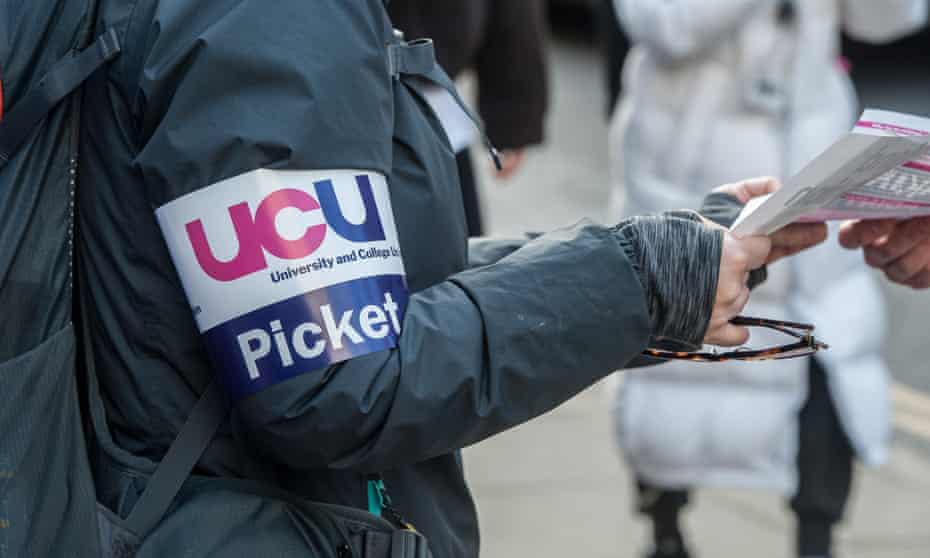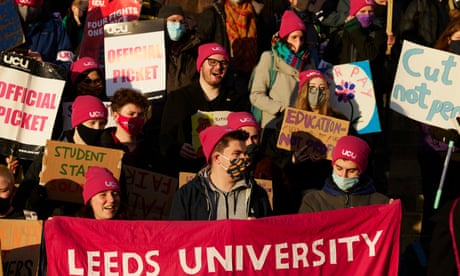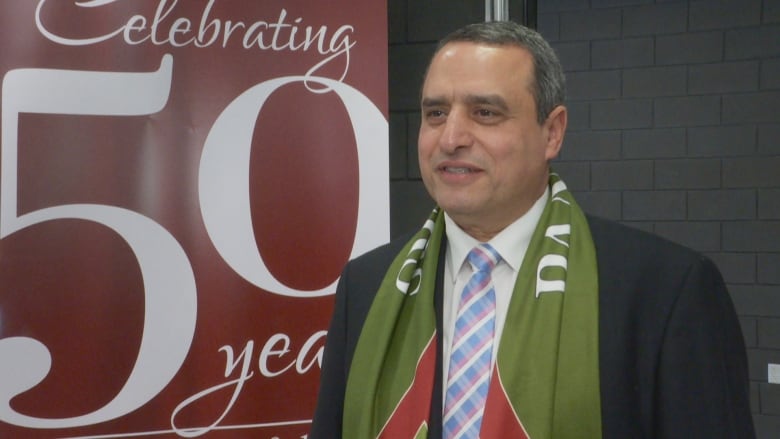
A boycott of Chapman's Ice Cream totally backfired on anti-vaxxers and the company is now feeling the love from all across Canada.
In November, Chapman's, an Ontario ice cream company based in Markdale, announced they'd be giving a $1 raise to all employees who were fully vaccinated and asked all unvaccinated employees to take a rapid test, on the company dime.
The $1 raise was meant to balance out the costs of doing the rapid tests. In response, a small group of people decided to start a boycott.
The company was flooded with hateful emails, phone calls and even regular mail. But then a counter-movement started with people buying Chapman's Ice Cream just to anger those who started the boycott.
And people have been buying freezers full of ice cream, Ashley Chapman, vice-president of Chapman's Ice Cream tells blogTO.
"We've been getting pictures from people who are going out and they're clearing out the freezers at their local stores, and they're taking pictures and sending it to us," Chapman says.
One group of older ladies got together and decided to buy all the ice cream in their local supermarket.
"They all got together and headed up to the store and cleaned out the entire section in their Loblaws," he says.
Typically November can be a slow month for ice cream sales but this month sales are up. There were promotions this time last year but not this year and the company was expecting a dip in sales.
"We figured that this November, we would be down and we were up a little bit," he says.
"There's still some very, very hateful people out there saying some really horrible stuff," he adds. "Just a few days ago, we had someone actually write in to say, they hope my children get cancer and die."
But the messages have been slowing down and Chapmans is not wavering on their policy.
"We are not we are not backing down ever since the first day of the pandemic our number one focus was to keep our employees safe and our community safe," he says.
The majority of Chapman's 850 employees are vaccinated or nearly fully vaccinated, and in the end only two people left on unpaid leave. He adds that he has received nice comments from unvaccinated people who appreciate the company providing an opition for rapid testing.
"We would just like the bad comments to stop…[but] the more that we get, the better our sales are and the better our company is. So it is really kind of blowing up in the face of these people trying to put us out of business."
Right now, the support and love for the company is outweighing the negativity.
"The outpouring of support from coast to coast, every corner of this country has been overwhelming," says Chapman. "The anti-vaxxers have been a pithy dribble. And the people who love us and what we do and what we try to do have been, it's really been overwhelming."

By Record Editorial
Thu., Dec. 2, 2021
If you have the good fortune to visit Markdale, Ont., you will appreciate just how different Grey County is when compared to Ontario’s hectic urban environment overall. It’s a slower, gentle, more tranquil pace and place.
How odd, then, that the community — home to the admirably benevolent Chapman’s Ice Cream, purveyor of soothing frozen treats since 1973 — has emerged as an unlikely, though certainly flavourful, flashpoint of the COVID-19 civil war.
The family-run Chapman’s, one of Canada’s largest ice-cream producers, an employer of about 850 people, recently took the praiseworthy step of rewarding its vaccinated workers with a $1-an-hour pay raise.
This was not the first time the company had supported the local community in the battle against COVID-19.
At the end of 2020, when it became known that the first vaccines developed against coronavirus required sub-zero storage, Chapman’s was quick to offer up two medical-grade deep freezers.
It turns out the Markdale mainstay — which has donated millions of dollars to local hospitals, schools and sports facilities — had been approached decades earlier about emergency use of its cold-storage facilities in case of a public-health emergency and it was more than ready when the call came.
And grit? You want to see grit?
In 2009, the company’s century-old wooden creamery building was destroyed after a spark from welding work caught in the rafters.
Where some might have called it quits, Chapman’s built back, recovered and expanded to employ about twice the workers it once did.
This is not an age, however, in which decades of reputation, generosity, local history or context won’t be incinerated in a firestorm of toxic online recrimination.
After the raise became public, when a photo of the bulletin announcing it was posted online, Chapman’s became the target of chronically aggrieved anti-vaccine groups who were outraged at the very thought.
Local divisions of the small and tattered anti-vax army were inflamed at this outrageous assault by Chapman’s on their right to be fools and mounted an online campaign to boycott the company’s products.
The company said it received 1,000 or more emails and attacks on its Facebook group. Much of it was despicable. Inevitably, absurd analogies to Naziism were tossed about.
But, in addition to being rather stoutly anti-science, it appears the anti-vaxxers have no particular flair for numeracy or imagination.
A quick glance at public-opinion surveys or published vaccination rates should have made clear that in the boycott battle they would be hugely outnumbered and were charging off to near-certain defeat.
At Chapman’s itself, fewer than a dozen employees had chosen to remain unvaccinated and been required to go on unpaid leave.
Well, the entirely predictable result soon came to pass.
Voices of reason pushed back, lavishly praising and thanking the company, which saw sales jump and inquiries arrive from far and wide as to where its ice cream could be purchased.
The hashtag #IStandWithChapmans became the call to arms, and seldom was such a thing so delicious.
On its website, Chapman’s is now promoting its “Holiday Moments Collection,” urging the sweet-toothed to “Enjoy a taste of the holiday in each and every bite.”
So, let’s add a tip of the old double-scoop ice-cream cone — waffle, if you please — to Chapman’s for its good corporate citizenship, community-minded initiatives and delightful products.
Long may you prosper.













